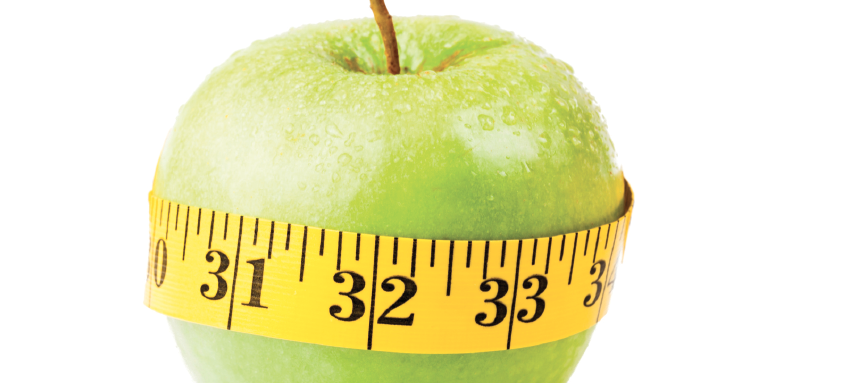By Melissa Wuske
Christian Beliefs and Body Image
Does what the Bible says change the way Christians view their bodies or how they respond to cultural messages about body images? Researchers at Biola University wanted to find out.
Through surveys with evangelical and mainline Protestants ages 18-80, the study concluded: “The belief that one’s body is ‘just something I live in here on earth,’ the belief that one’s body is sinful and meant to be subdued, and [the belief] that one’s body is less important to God than one’s soul were linked to body shame. . . . In contrast, beliefs reflecting Christian teachings that one’s body is a temple of God, created specifically by God, and that God is glorified and honored through one’s body, were linked to appreciating one’s body.”
The way believers frame their beliefs about their bodies can make a difference in how they respond to body shaming or hypersexualized ideas: “Perhaps seeing one’s body as sacred includes a belief in divine acceptance of one’s body, minimizing messages regarding culture’s body ideal, inspiring participation in health-promoting behavior, or limiting engagement in unhealthy habits.”
Children Carry their Parents’ Faith into Adulthood
A new study by Pew Research looked at how religious affiliation of parents is linked to the religious views of their children once they become adults. “One pattern regarding the passing on of religious identity from one generation to the next is clear,” the study stated. “Among those who were raised in a single religious background (especially within Protestantism), the family’s religious commitment is closely linked with retaining one’s religion into adulthood.”
About 80 percent of children with two Protestant parents kept their Protestant beliefs as adults. That rate is 85 percent for households where religion is “very important” and 89 percent in homes when it’s “often discussed.” Around 62 percent of children in Catholic or religiously unaffiliated homes kept their parents’ beliefs into adulthood. However, of those with an exclusively Catholic background, 16 percent are now Protestant, and 28 percent of children from unaffiliated families are now Protestant. Only 3 percent of kids raised in Protestant homes are now Catholic and 14 percent are unaffiliated as adults.
Wild Animal Populations in Steep Decline
Researchers from World Wildlife Fund and the Zoological Society of London found that animal populations worldwide dropped 58 percent from 1970 to 2012 and are on track to reach losses of 67 percent by 2020.
“The richness and diversity of life on Earth is fundamental to the complex life systems that underpin it,” said Marco Lambertini, director general of WWF. “Life supports life itself, and we are part of the same equation. Lose biodiversity and the natural world, and the life support systems, as we know them today, will collapse.”
“My hope though is that we don’t throw our hands up in despair—there is no time for despair, we have to . . . act,” said Mike Barrett, WWF’s director of science.
The World’s First Porn-Free City
City and religious leaders in Toowoomba, Australia, are working to combat violence against women by making their town the first porn-free city in the world.
“Eighty-eight percent of porn displays violence against women, such as choking or gagging,” said Letitia Shelton, chief executive of City Women of Toowoomba. “We’re hearing more stories from women [with] porn-addicted partners, where there has been a direct result of abuse from that.”
Recently 250 people, mostly men, gathered to launch the campaign and pledge: “I acknowledge that viewing pornography promotes the exploitation of women and violence against women, and it damages families. I commit that I won’t view porn and I will help create a city free from porn.”
Melissa Wuske is a freelance editor and writer. She and her husband, Shawn, live and minister in Jamaica Plain, Massachusetts. Find her work online (melissaannewuske.com).



Comments: no replies